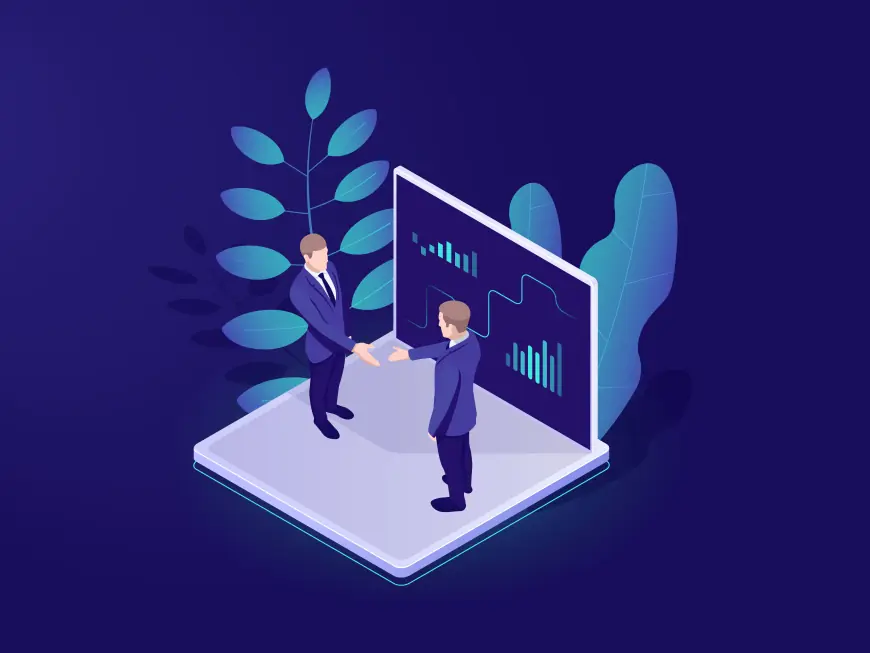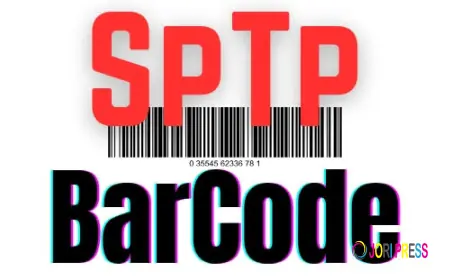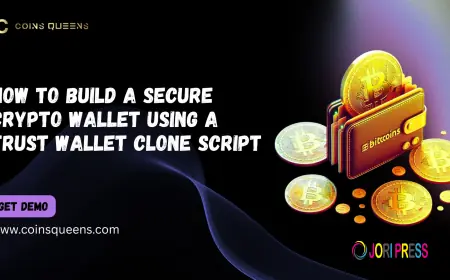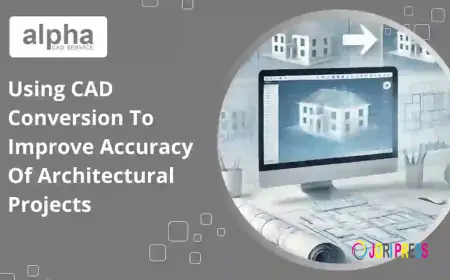How Blockchain Asset Tokenization is Revolutionizing Ownership and Liquidity in 2025

In recent years, blockchain technology has moved far beyond cryptocurrencies. One of its most transformative applications is asset tokenization, which is fundamentally changing how ownership and liquidity are structured across industries. By creating digital tokens that represent real-world assets, blockchain is enabling fractional ownership, improved liquidity, and greater accessibility for global investors. In 2025, these benefits are becoming more tangible, with companies and governments integrating tokenization into traditional processes to unlock new value.
What is Asset Tokenization?
Asset tokenization refers to the process of converting ownership rights of a real-world asset into a digital token on a blockchain. These tokens can represent anything from real estate properties, commodities, equities, artworks, to debt instruments. Unlike traditional ownership records stored in centralised databases, tokenized assets exist on a decentralized blockchain network. This ensures that ownership is verifiable, immutable, and easily transferable across borders without intermediaries.
For example, a commercial building worth $20 million can be tokenized into 20 million tokens, each representing a $1 stake in the property. Investors worldwide can then buy, sell, or trade these tokens without needing to purchase the entire property or deal with extensive legal processes that typically restrict international investments.
Why Asset Tokenization Matters in 2025
In 2025, asset tokenization is no longer a theoretical innovation. Financial institutions, real estate companies, and private equity firms are increasingly using blockchain-based tokenization to improve liquidity for traditionally illiquid assets. Liquidity has always been a challenge in asset-heavy markets such as commercial real estate, fine art, or private equity. These assets cannot be quickly converted to cash without significant loss of value or lengthy sale procedures.
By enabling fractional ownership, tokenization allows more buyers to participate at smaller investment amounts. This increases demand and liquidity, providing sellers with faster exit opportunities. Blockchain development services have been pivotal in building tokenization platforms that ensure security, compliance, and seamless user experiences.
Transforming Real Estate Investment
Real estate is the sector experiencing the most significant impact from asset tokenization. In traditional markets, real estate investments are capital-intensive, require heavy paperwork, and are often limited to local buyers. With tokenization, ownership can be fractionalized into thousands or millions of tokens, each tradable on digital platforms. Investors can buy $100 worth of a commercial tower in another continent, earning rental income or capital gains proportionally.
Blockchain-based tokenization platforms facilitate real-time settlement, reduced transaction costs, and instant ownership verification without relying on intermediaries. This has lowered entry barriers for small investors while giving property developers a broader capital pool. Many blockchain development services are working with real estate firms to create token issuance platforms and secondary trading exchanges to improve market liquidity.
Democratizing Private Equity and Venture Capital
Private equity and venture capital investments have traditionally been limited to institutional investors or ultra-high-net-worth individuals. Tokenization changes this landscape by enabling fractional investments in private companies. Startups and private equity firms can issue tokens backed by equity shares, raising funds globally without diluting control excessively. Investors can trade their tokens on compliant exchanges, gaining liquidity rather than waiting for acquisition or IPO events.
In 2025, blockchain development services are focusing on building security token platforms that integrate KYC, AML, and compliance modules to meet regulatory requirements in different jurisdictions. This allows private companies to remain compliant while broadening their investor base. The best blockchain development company offerings now include custom tokenization modules for private equity firms to attract fractional investors and improve portfolio liquidity.
Improving Liquidity in Commodities and Natural Resources
Tokenization is also reshaping commodity markets. Traditionally, trading physical commodities like gold, oil, or industrial metals involves storage, transportation, and verification costs. Tokenized commodities are backed by real assets stored securely, but ownership is transferred digitally. For example, gold-backed tokens represent actual gold stored in vaults, enabling global trading without moving the metal physically.
This not only increases liquidity but also reduces market friction and settlement delays. In 2025, tokenized commodities are being integrated into DeFi protocols, enabling new forms of collateralization, lending, and investment strategies that were previously limited to institutional players.
Enhancing Transparency and Security
One of the critical advantages of asset tokenization lies in its transparency and security. Blockchain records are immutable, time-stamped, and visible to authorized parties. This eliminates the risk of fraud, duplicate ownership claims, or opaque transactions that have historically plagued real estate and private markets.
For instance, token holders can verify their ownership on-chain without relying on paper certificates or central registries prone to manipulation. Smart contracts automate compliance, dividends, profit-sharing, and transfer restrictions, reducing administrative overheads and human errors. Blockchain development services build these tokenization solutions with rigorous security protocols to prevent hacking and unauthorized access, ensuring investor confidence.
Cross-Border Investments Made Simple
Traditional cross-border investments involve complex legal frameworks, currency conversions, and high fees. Tokenized assets, however, can be purchased using cryptocurrencies or stablecoins, enabling instant settlements at lower costs. A buyer in Singapore can invest in tokenized US real estate or African mineral mines seamlessly, expanding access to global markets.
Best blockchain development company offerings in 2025 include cross-border payment integrations and legal structuring frameworks to ensure tokens comply with multiple jurisdictions. This reduces risks for both issuers and investors while unlocking global liquidity pools.
Challenges and Road Ahead
Despite its immense potential, asset tokenization faces challenges. Regulatory clarity remains a major hurdle, as governments worldwide continue to define how tokenized assets should be classified and taxed. Market education is also crucial, as investors and companies need to understand token mechanics, risks, and compliance requirements before adoption.
Technical interoperability between blockchains is another bottleneck. Most tokenization platforms operate on specific blockchains, making cross-chain trading or integration with other digital asset ecosystems complex. Blockchain development services are focusing on building interoperable protocols to allow seamless transfer of tokenized assets across multiple chains.
Cybersecurity risks remain a concern, with hacking incidents in the blockchain space underscoring the need for rigorous audits and secure coding standards. The best blockchain development company in 2025 prioritize security assessments, vulnerability testing, and compliance certifications to protect client and investor interests.
The Future of Asset Tokenization
Looking ahead, asset tokenization will continue to evolve alongside regulatory developments and technological advancements. We can expect to see:
-
Mainstream adoption by financial institutions seeking faster settlements and lower operational costs.
-
Integration with DeFi protocols, enabling new financial products backed by tokenized real-world assets.
-
Enhanced secondary markets, allowing token holders to trade with high liquidity and transparency.
-
Expansion into new asset classes, including intellectual property, carbon credits, and renewable energy assets.
In 2025, blockchain asset tokenization is proving to be more than a technological trend. It is a fundamental shift in how ownership and liquidity are defined in the global economy. Blockchain development services play a critical role in enabling this transformation by building secure, compliant, and scalable tokenization platforms for various industries. The best blockchain development companies focus on creating infrastructure that is user-friendly, regulatory-compliant, and future-ready.
Conclusion
Asset tokenization is revolutionizing ownership and liquidity by unlocking value previously trapped in illiquid markets. With blockchain development services advancing token issuance, management, and trading platforms, investors now have opportunities to participate in global markets with minimal barriers. As regulations evolve and technology matures, tokenized assets are set to become a cornerstone of financial systems worldwide, reshaping investment strategies, business models, and capital flows in the years ahead.
What's Your Reaction?
 Like
0
Like
0
 Dislike
0
Dislike
0
 Love
0
Love
0
 Funny
0
Funny
0
 Angry
0
Angry
0
 Sad
0
Sad
0
 Wow
0
Wow
0















































